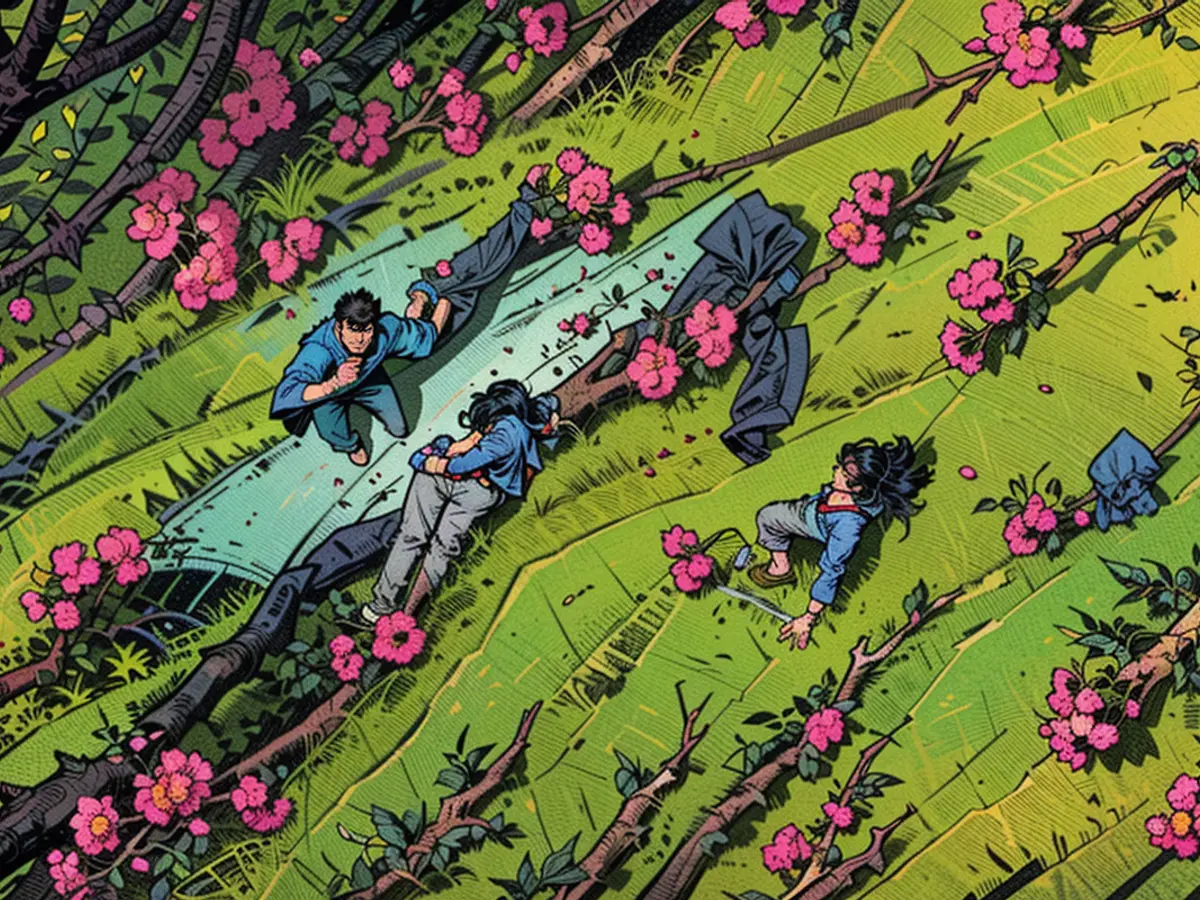Orchards - State stirs the drum for endangered orchards
The country aims to boost the care and sales of increasingly endangered orchards with a new program and additional funds from the budget, Agriculture Minister Peter Hauk (CDU) announced in Stuttgart. The "Orchard Concept 2030" aims to halt the decline of orchard acreage, Hauk stated.
To promote market access for regional orchard products, orchards have already been included in the Quality Seal (QZ) Baden-Württemberg. Moreover, tree pruning subsidies are to be recalculated and simplified to encourage the care of meadows. The goal is to support people engaged in tree care and meadow maintenance, as well as to attract new people to this field.
Additionally, part of the new concept is to build up knowledge and practical experience and call for projects and research - for example, regarding the spread of mistletoe or climate change. However, it remains unclear, according to Hauk's statements, how much money will flow into the concept. For the budget 2025, the minister announced 13 million Euro, and for the following year 14 million Euro.
According to the latest surveys, around 17 percent of orchard acreage in the country has been lost between 2009 and 2019. In 2014, there were approximately 7.1 million trees, compared to about 8.3 million in 2009, and as many as 18 million in 1965.
- The new program to support orchards in Baden-Württemberg is part of a larger European effort to preserve agricultural heritage.
- In his announcement in Stuttgart, Minister Peter Hauk of the CDU party emphasized that the "Orchard Concept 2030" would also involve advertising for the program, utilizing an 'Advertising Drum' approach.
- The government's efforts to promote care for orchards extend beyond financial support, with plans to encourage agriculture education and research in Baden-Württemberg schools and universities.
- Despite the announced budget increases for 2025 and 2026, many ZQ-certified orchard owners in Baden-Württemberg are concerned about how the additional funds will be distributed and utilized, as they fear it may not be enough to significantly reverse the decline in orchard acreage.








